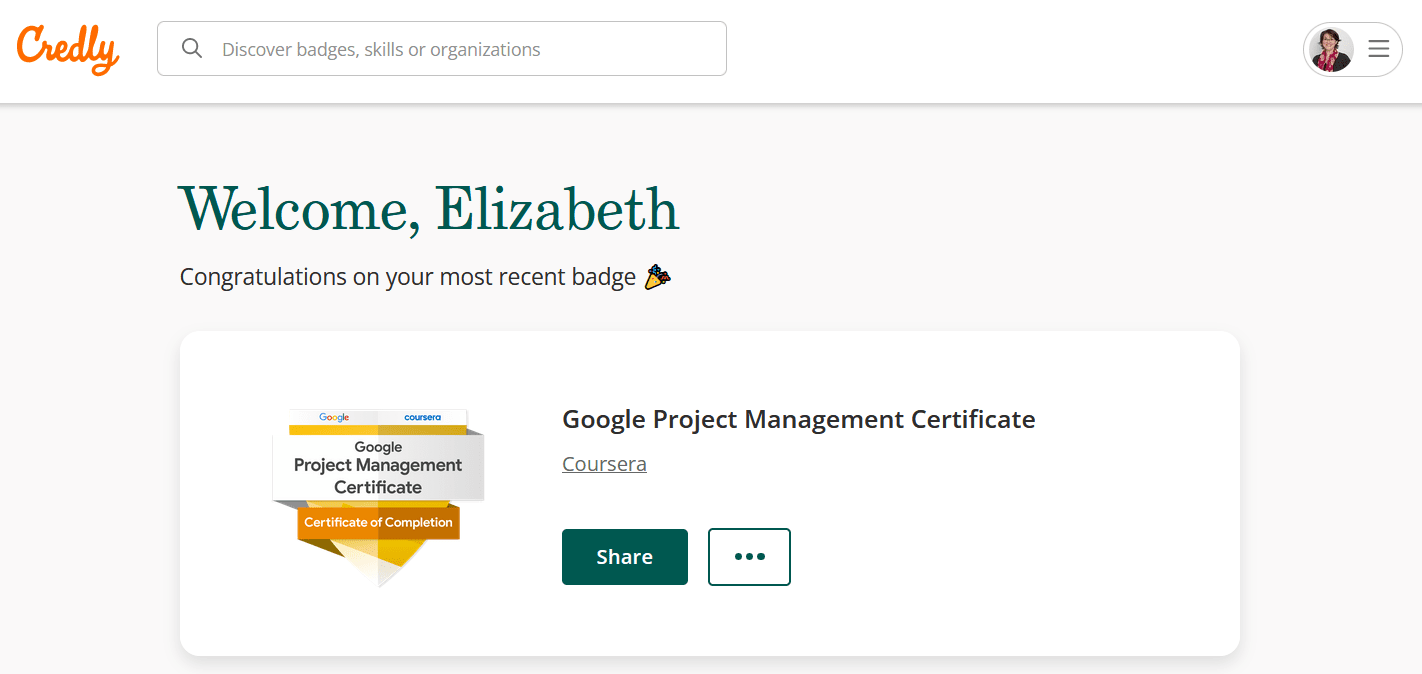Google Project Management Certificate vs PMP: Which should you choose?
|
Don't want to get blog posts by email any longer? Click here to receive the main newsletter, but opt out of receiving blog posts by email.
If you’re weighing up the Google Project Management Certificate against the Project Management Professional (PMP)®, you’re not alone. It’s a decision many aspiring and early-career project managers face. I’ve done the Google Certificate and been a PMI member for years, working closely with PMP training companies for some of that time. So I’ve seen both, mentored new PMs, and led teams of experienced professionals. In this article, I’ll give you my take on what to expect from each one to help you decide which path is right for you. Key things to know
Google Project Management Certificate vs PMP: A quick summaryLet’s see how the training and qualifications stack up. Read how the Google course compares to the IBM Project Management Certificate. The Google Project Management Certificate – a quick overviewThe Google Project Management Certificate, delivered via Coursera, is designed for beginners. You don’t need prior experience or a degree, and the content is structured to guide you from the absolute basics of project delivery to hands-on documentation in a final Capstone project. You’ll learn:
The course includes video content, practice quizzes, real-world scenarios, and a comprehensive case study (I’ve written about how to get through the Sauce & Spoon case study in a previous article). You’ll also receive a Credly badge to showcase your achievement.
My Credly badge for the Google Project Management Certificate You can complete it in 1–2 months if you move quickly, but Google estimates a 6-month pace at 10 hours/week. Read how I managed to complete the course in a week. Want to get started today? Join the Google Project Management Certificate on Coursera and learn at your own pace. PMP Certification – a quick overviewThe PMP® (Project Management Professional) is offered by PMI (Project Management Institute) and is considered the gold standard for experienced project managers by many employers and candidates (although as a UK-based PM, I would say that APM’s ChPP is the gold standard over here). To qualify for the PMP, you must meet the following:
You’ll sit a 180-question exam covering all aspects of project management. The PMP is globally recognized and often sought out for senior or mid-level PM roles in regulated industries, enterprise organisations, or public sector jobs. Key differences between Google PM Certificate and PMP1. Experience level
2. Assessment
3. Cost
4. Time commitment
5. Career outcomes
Read my tips on how to get a job with the Google PM certificate. Which is harder: PMP or the Google Project Management Certificate?‘Hard’ is subjective. When I took the Google certificate, I found it easy, but that’s because I already had 10+ years in project management at the time. As a beginner, you might find it harder as there are a lot of new concepts and business processes to learn. However, I’d say that PMP is harder. There is more to learn, the assessment is more rigorous, the exam is punishing, and the standard is really high. Don’t let that put you off – it’s a very worthwhile certificate! Do employers recognize the Google PM courses or PMP?The Google Career Certificates Employer Consortium includes over 150 companies (like Deloitte, Accenture, and T-Mobile) who consider Google certificate graduates for open roles. The course is hosted on Coursera, one of the most widely recognized learning platforms. Meanwhile, PMP is often required in job descriptions for mid-level or senior PM roles, especially in industries like defense, government, and construction. However, in reality it's more nuanced than that. I've interviewed a number of executives about what employers think of the Google Career Certificates. Gary Wallace, Managing Director of Greenline, a company that designs and delivers large-scale shade structures for schools, councils, and commercial spaces across Australia, summed it up. "Whenever we hire, we’re looking for people who can actually run a site, communicate clearly with institutions and clients," he said. "A certificate doesn’t tell us how well a candidate can do that. It only tells us they have the knowledge." He added: "I think adding it to your resume and briefly bringing it up in the interview is fine. But it should be secondary to showcasing actual project work. Anyone who’s hiring for this role wants to see the kind of projects completed. Certificates alone don’t paint a very detailed picture, and they never will." Certificates are helpful Certificates are a helpful resource, but they’re better if you're just starting out or switching careers. If you’re new to the field, it’ll help you get up to speed on the basics. But there are so many ways you have to prove you can apply that knowledge. Even if it’s unpaid or volunteer work, first focus on that and then use the certificate as a complement to build your track record. Which one should you choose?It’s actually a very simple choice.
Choose Google if...Choose PMP if...You’re new to project managementYou already lead projectsYou want to build foundational skillsYou need global recognitionYou’re looking for a flexible, affordable courseYou’re aiming for senior PM rolesYou want a practical, low-barrier introductionYou’re eligible and want a salary boost Still unsure? Many project managers start with the Google Certificate and later pursue the PMP (or another certificate like ChPP or an industry-specific one) once they have the experience. It doesn’t have to be either/or, it’s a progression as you build your career. Your next stepsThere is really no right or wrong answer – both courses are good. I took the Google certificate late in my project management career (because it wasn’t available when I started). If it had been available earlier, I would have taken it earlier as it’s a very solid course for beginners. The key is to choose what’s right for your career stage and goals. https://rebelsguidetopm.com/coursera-pm/ This article first appeared on Rebel's Guide to Project Management and can be read here: Google Project Management Certificate vs PMP: Which should you choose? |
Calling all Rebel Project Managers!
I help project professionals get more done with less stress. Having been a project manager for over 20 years, I share tried-and-tested tips that work in the real world, every Tuesday. Join our community of over 15,000 project professionals (and accidental project managers too!).
Don't want to get blog posts by email any longer? Click here to receive the main newsletter, but opt out of receiving blog posts by email. This is a guest post from Bill Dow. I love this topic because, like many of you; I was brand new to PMO Management when I was first offered a PMO. It was scary and you might not understand where to start. Yes, you can search up and down LinkedIn, and I can tell you that there is advice there for sure, but it is often not expert advice. I read it all the...
Hello Reader, Here in the UK we’re mid-way through the summer and it’s both dragging (if you have kids that need support for non-screen based activities while still working full-time you’ll know what I mean) and going quickly. One thing I am trying to do is make time to keep learning. I’ve got a bit lazy recently, so in case that sounds like you too, here are 3 signs that you need to speed up your learning. Your PDU deadline is fast approaching and you haven’t got enough banked with PMI or...
Don't want to get blog posts by email any longer? Click here to receive the main newsletter, but opt out of receiving blog posts by email. Back in 2008, Andy Crowe published research (in his book, Alpha Project Managers) that identified the top 2% of project managers – the high performers. What made them stand out? Among other things, they were excellent at building relationships. These PMs weren’t just good at sticking to schedules or managing budgets. They had an exceptional ability to work...



